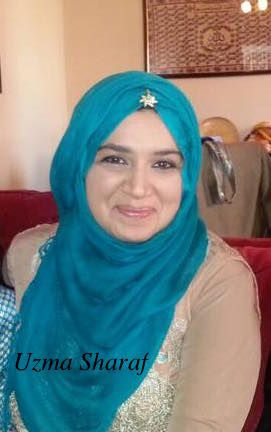
This course will introduce you to the Impact of Islam on various aspects of human life. Islam is not limited to houses of worship or holy places. It is beyond prayers and ritualistic practices, it translates into your actions and thoughts. Therefore, it is interwoven with life.
We offer educational support to create a better world to defeat fear, misunderstanding, and misconception. Our ASEP course infuses ancient wisdom taught in Islam, psychological perspective, practical implementation of these concepts in your life and so much more. Each course is different and designed to inspire you, motivate you, and enhance your existential well-being.
This course offers much more than just a basic understanding of the Islamic faith.
Course Objective
Besides a deeper understanding of Islam, the series of courses (Level 1 & 2) will cover a wide variety of other topics such as spiritual psychology, Islamic eschatology, & spiritual growth exercises for self-improvement that leads to the evolution of the soul. Students will analyze their own ideas for personal growth
Who this course is for:
- Anyone who is interested in the religious study program.
- Educators will have a better understanding of students coming from different faith traditions.
- University or college students who have enrolled in Islam 101 and wish to expand their knowledge.
- Those interested in interfaith and inter-religious studies.
- Interfaith dialog act as a catalyst and a future trend in cultural diplomacy.
Your Instructor

Uzma, a bilingual Instructor, passionately supports students in their personal, professional, and spiritual development. In her early education career, she discovered her love for working with adult students and launched the online learning program "The Adult Spiritual Education Program (ASEP)." A pioneer in the psycho-spiritual model of learning, ASEP enriches psychological and spiritual well-being.
Specializing in Positive Psychology Intervention and well-being Programs, Uzma has dedicated 18 years to learning Islamic Science, Theology, Applied Sufi Psychology, Islamic Mystical tradition, and Islamic Eschatology from esteemed scholars like Rober Frager, Malik Badri, Yahya Rhodus, Imam-Al-Ghazali, and Abu Zaid-Al-Balkhi. Her time in Saudi Arabia, immersed in the culture, allowed her to master Arabic and Urdu.
As a spiritual counselor, she integrates Spiritual psychology and Applied Positive psychology into Islamic studies Programs, facilitating transformational change in her clients. Since 2010, Uzma has been guiding Muslim and non-Muslim students on their spiritual journeys.
Certified in the science of well-being, Master of Mindful Meditation Practice, and accredited in Professional counseling and Spiritual Coaching. Uzma is a Specialized Positive Psychology Practitioner with expertise in Existential and Spiritual well-being (SWB, EWB) and Transpersonal Psychology.
Uzma believes in proactive positive changes within society and has proven leadership through years of community service, interfaith work, and civic engagement since 2000. Serving as an Education Coordinator since 2001, she has contributed to organizations such as OCC Diversity and Inclusion, fostering dialogue and diversity among college students.
In 2019, as a Human Rights Consultant, Uzma collaborated with Indonesian delegates in a global leadership program, promoting interfaith dialogue, democracy, human rights, pluralism, diversity, and the impact of women in Western society from Islamic & Judeo-Christian perspectives.
Recipient of the 2015 Community Service Award, Uzma continues to exemplify commitment and dedication. Embrace the transformative journey with Uzma, where she seamlessly intertwines spiritual counseling, psycho-spiritual well-being, and Human Rights consultancy for profound and lasting change.

She is instrumental in the community-building initiatives and is passionate about establishing a collaborative relationship with community leaders and organizations by providing social, and emotional support, and mental health resources to the marginalized Muslim communities.

